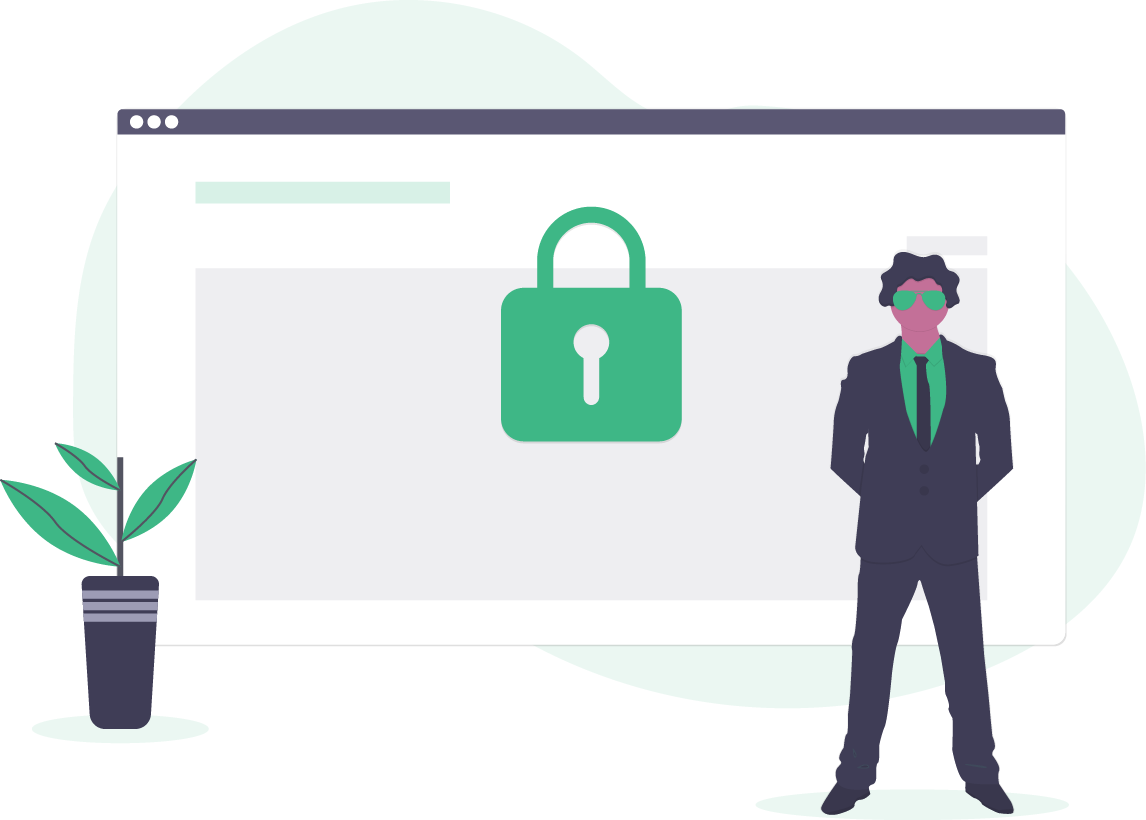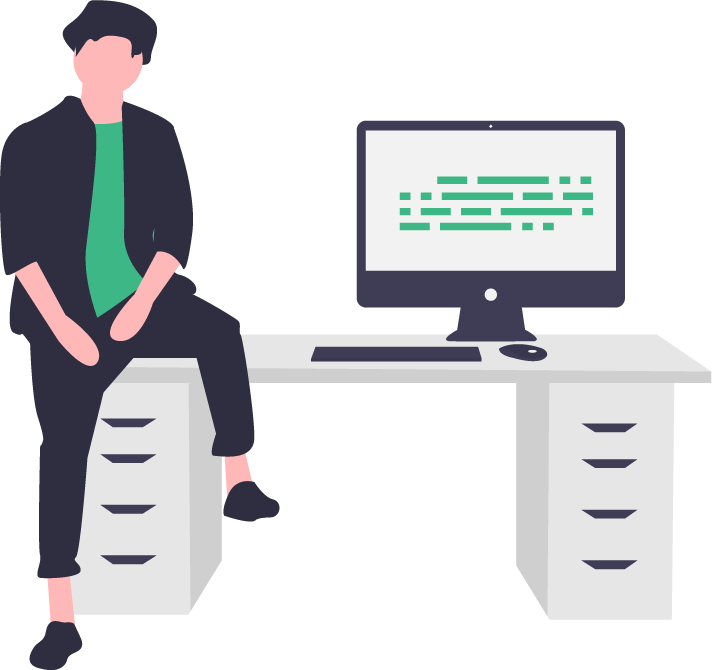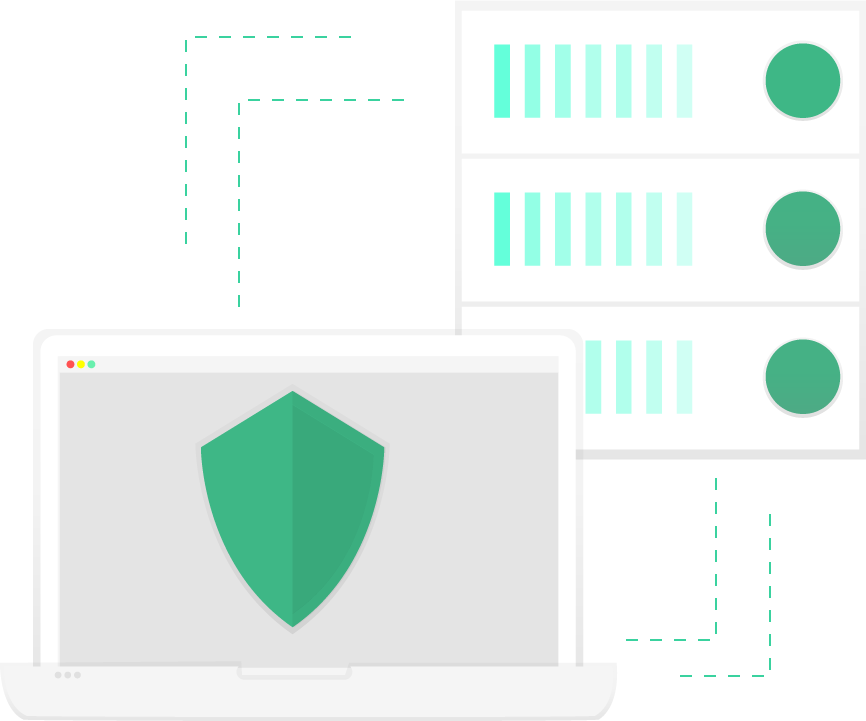Staying cyber fit while working from home
Cybercriminals are shifting their attention from offices to people’s homes in an attempt to get into businesses big and small. Everyone needs to play a role so that we can all stay in business.
Anyone can get infected by a computer virus after accidentally clicking on a nasty link or visiting a fake website. You can help reduce the risk of this happening by taking a few simple steps.
Here are some important things you should check on any computer you’re using for work.
Protecting your work technology at home
Make sure automatic updates are turned on to get those very important security fixes. New security problems are being found all the time, and this is your best way of staying protected. Sometimes updates will only work if the device is on, has a full battery and is connected to the Internet so it's a good idea to manually check the latest version has been installed once a month.
Use your computer without administrator privileges to help ensure that dodgy applications aren’t installed without you knowing. Keep your administrator account separate to the one you use everyday for work.
Use a separate web browser or web browser profile for work and personal browsing. This will help keep your online accounts separate and limit the chances of you sharing the wrong thing in the wrong place.
Setup Antivirus, Firewall protection and Device Encryption on your computers. The latest versions of most operating systems have decent antivirus (e.g. Windows Defender), firewall protection and encryption built in. Each of these plays an important role in keeping your data and business secure. Make sure they are enabled and there are no warnings showing up.
Install an Ad Blocker like uBlock Origin to limit the chances of running into really nasty stuff online with the added bonus of removing a bunch of annoying ads. Enabling Safe Browsing Mode in Google Chrome is another great way of blocking sites that are known to be bad.
Check the DNS settings on your devices and network and switch to a service that filters dangerous traffic such as OpenDNS, 1.1.1.1 for Families or DNS Filter. This not only helps protect you from visiting malicious sites but can speed up your Internet as well!
Set a strong password and enable face or fingerprint unlock on your mobile devices. We would love for you to set a strong password and Multi-factor Authentication (MFA) on all your accounts as well, but as a priority, please do this for your personal email and for accessing your laptop and other mobile devices. Cyber criminals are known to use personal email (of you and those around you) to get into your work environment. Strong passwords are long (8 characters or more), unique (not used in multiple places) and hard to guess.
Disable Network Discovery and Sharing functions on any computer you will be using for work. You shouldn’t need to transfer files between your personal and work computers during this time.
Isolate untrusted devices into your guest network. Keep work and your other primary computers/devices on the main WiFi in your home. Connect everything else that needs access to the Internet to a separate guest network. This includes things like your Surveillance cameras, Smart TV’s, Internet enabled thermostat and Smart Light Bulbs. If you can’t use a separate guest network, look at all the devices on your network (e.g. via your Telstra home dashboard or through your router) and remove any that aren’t required.
Keeping the cyber fitness of the home environment has never been more important.
Download our free Cyber Fitness at Home checklist which summarises all the points above share it with any colleagues, family or friends in a similar situation.
Cybercriminals are looking at many ways to take advantage of this crisis. We don’t want small businesses or you to be caught out. Your company needs your cooperation and help during this time. Please reach out to us if you have any questions.






